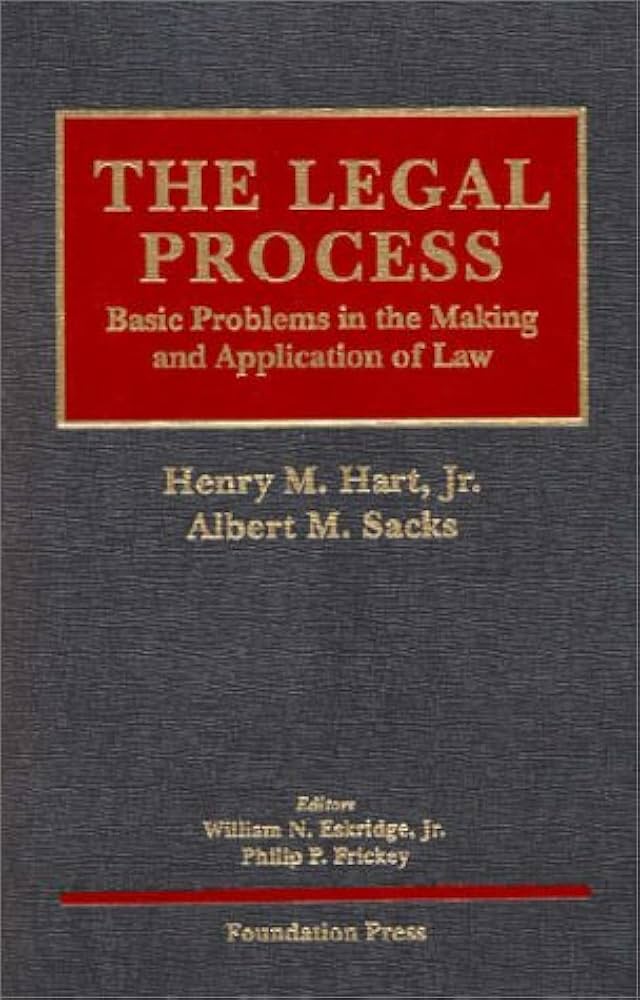Judge Scudder Discusses “Resorting to Courts” in an Exemplary Hallows Lecture
 The Hon. Michael Y. Scudder, judge of the U.S. Court of Appeals for the Seventh Circuit, delivered this year’s Hallows Lecture, yesterday evening, to more than 200 individuals in Eckstein Hall’s Lubar Center. The lecture was exemplary.
The Hon. Michael Y. Scudder, judge of the U.S. Court of Appeals for the Seventh Circuit, delivered this year’s Hallows Lecture, yesterday evening, to more than 200 individuals in Eckstein Hall’s Lubar Center. The lecture was exemplary.
The E. Harold Hallows Lecture is an annual highlight at Marquette University Law School. Most often delivered by a judge, the lecture is an opportunity to welcome into our community an accomplished individual from whom all of us interested in the law—students, faculty, other judges, lawyers, and all manner of interested individuals—might learn.
This was not Judge Scudder’s first trip to Marquette Law School, as he presided at the Jenkins Honors Moot Court Finals in 2023 (his similar service in 2021, during the COVID era, having been undertaken remotely by Teams). The judge keeps close to law schools, it would seem—for example, teaching national security law at the University of Chicago Law School and advanced federal jurisdiction at the Northwestern University Pritzker School of Law. Judge Scudder’s interest in legal education, especially in the Seventh Circuit’s region of Wisconsin, Illinois, and Indiana, is impressive and inspiring more generally.
Judge Scudder’s Hallows Lecture was titled “Resorting to Courts: Article III Standing as the Guardian of Free Speech & Democratic Self-Governance.” It proceeds in two main parts.
The first half explains and defends the standing requirement in federal courts. The judge describes the precept’s basis in the “Cases” or “Controversies” requirement of Article III of the Constitution, defends it as a structural limitation on the exercise of judicial power, yet acknowledges the ideological lens through which many individuals seem to view standing issues. The lecture offers a defense of the cases and a strong, institutions-based justification of the concept.
The lecture’s second half explores the relationship between the Case or Controversy requirement and free speech. It emphasizes that the standing requirement—particularly by disfavoring pre-enforcement facial challenges to government policies on very broad grounds—appropriately encourages people to hash out their differences in forums envisioned and intended as policy-setting. This half laments the echo chambers into which many individuals have placed themselves in our society and hopes that more open, respectful, and constructive dialogue, outside of courts, can occur to sort out the “cultural” issues and policies needing resolution at all levels of government.
Here’s a flavor:
. . . . This is how Article III’s limitation on the exercise of judicial power leaves policymaking, and the difficult line drawing it often entails, to the exercise of free speech. Speaking up, objecting, and sharing perspectives with those who differ from us is how we understand, persuade, and, often, find common ground where agreement seems beyond reach.
If that framing is too idealistic in today’s times, I would hope skeptics would at least recognize that the alternative—permitting very difficult legal questions to come to federal court based only on a showing of a genuine worry—casts a vote of little confidence in the role speech can play in finding solutions, or perhaps tolerable compromises, to some of the most divisive questions of our day. And even if these culture war lawsuits should not be viewed as a vote of confidence in federal courts as the ultimate decision makers, they put great pressure on principles of restraint designed to allow democratic processes—whether at the national or local level—to offer answers and outlets for persuasion and compromise in the first instance.
Our constitutional design envisions constitutional answers coming in slower-paced increments than contemplated by pre-enforcement facial challenges like the one Parents Protecting Our Children lodged against the Eau Claire policy. It is not happenstance that the architect who designed the Supreme Court, Cass Gilbert, thought the tortoise an appropriate decorative and symbolic feature for the building’s design. In the same way tortoises move slowly, sometimes the law develops best when principles, doctrines, and answers come with time and, I might add, with more speech and dialogue helping to bridge social divides. Pre-enforcement facial challenges, however, often result in expansive injunctions that apply in one fell swoop—the sort of forward-looking policymaking that is best left to the more democratic branches.
Judge Scudder’s lecture was outstanding, even beyond its timeliness. While versions of it will appear in the fall Marquette Law Review and Marquette Lawyer, one can watch the lecture here or read a working copy of it here.




